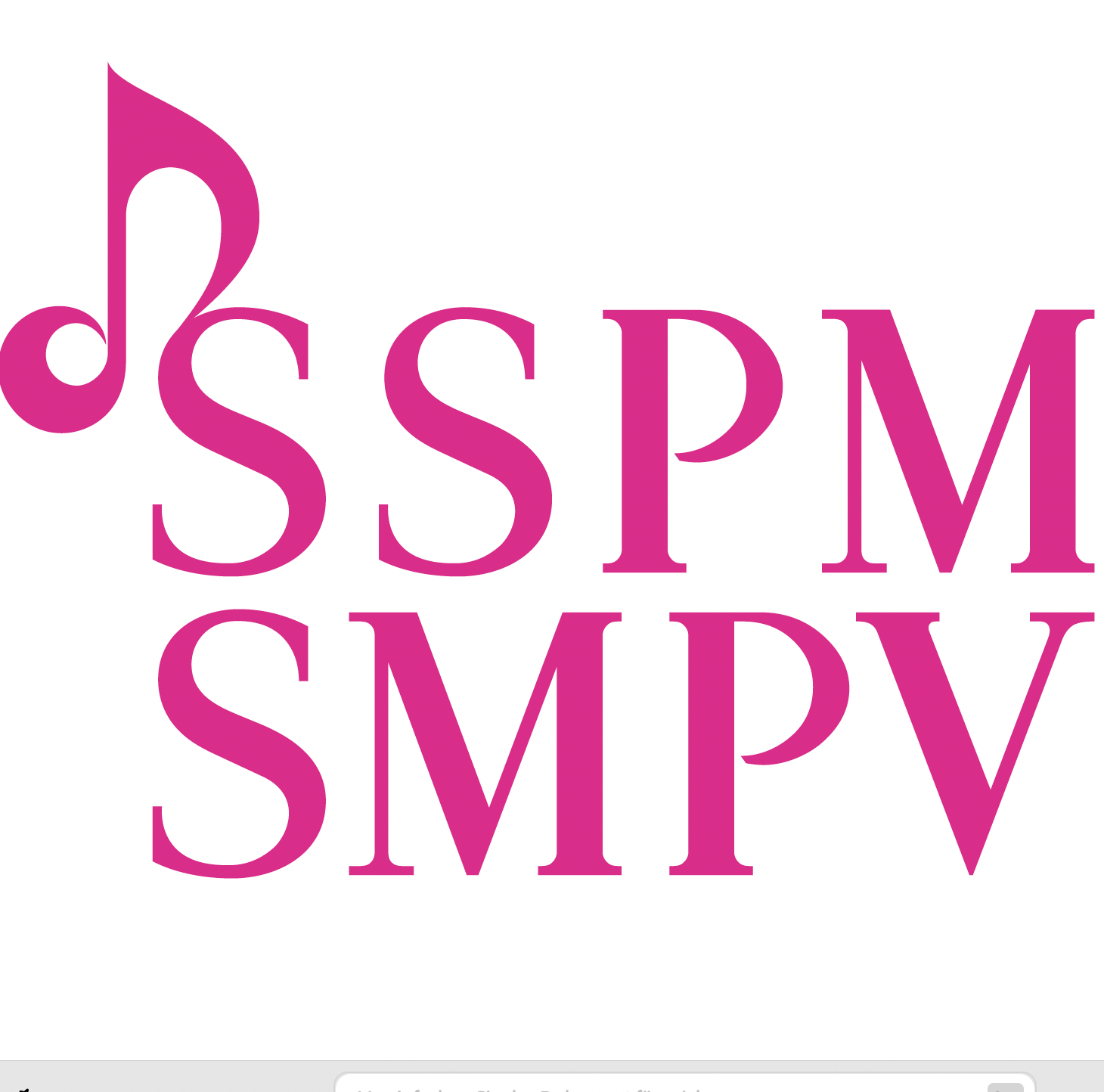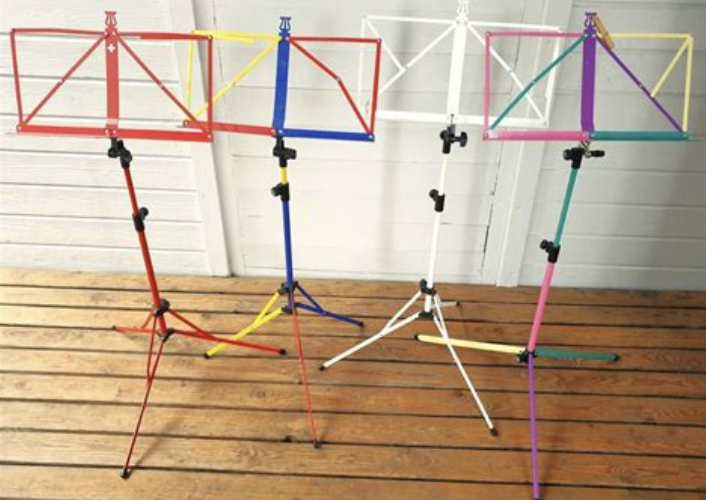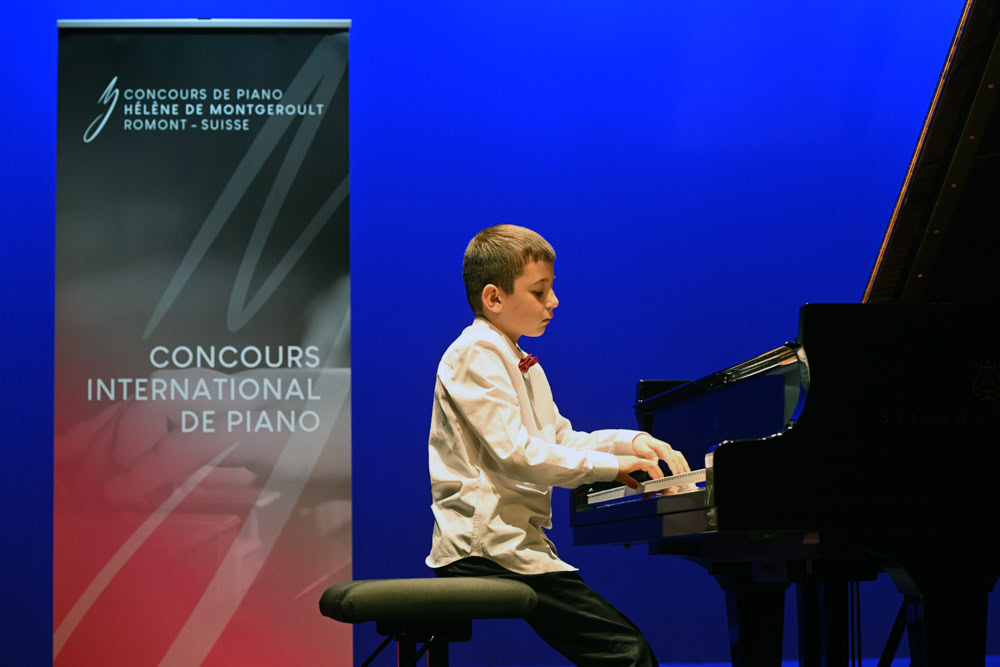Union work at the SSPM
Music teachers are often not organized in a union or professional association, even though the industry has many issues that can only be tackled through a union.
Music teachers are often not organized in a union or professional association, even though the industry has many issues that can only be tackled through a union.
"I had no idea that the SSPM was also an association for salaried music teachers", my contact told me on the phone last week. He had contacted me because he was having problems with chain contracts and a lack of pension fund insurance. Two days later, Karen Krüttli, co-president of the Zurich section, told me: "You know, the main problem in union work for music teachers is that colleagues have become so used to making a fist of it and accepting unfavorable working conditions, that they often don't tell us, or tell us too late, where the problem lies. It's difficult, for example, to take action against the non-competition clause in the regulations of a certain music school when we're informed of it long after three quarters of the teachers concerned have already signed the renewed contract, because they're afraid of losing their jobs otherwise, or simply because they're not aware of the problem".
The SSPM is a professional association, not just a trade union. From its many years as a provider of private professional music training, it has retained valuable service offerings such as the organization of music courses, level examinations, talent competitions and a rich offering of continuing education, and the platforms www.mein-musikunterricht.ch and also in part www.rent-a-musician.ch serve the self-employed more than the employed, but in union work it is much easier for the SSPM to do something for employed music teachers than for the self-employed. Here are two examples of union themes that the SSPM is currently working on: The problem of the "insidious reduction of working hours in music schools" seems to us to be solvable: A person who becomes partially unemployed must reduce his or her working hours by a full day - that is, by 20% for a full-time job - to qualify for unemployment benefit. If a music teacher loses 2-3 lessons every semester, he/she won't achieve this 20% reduction all at once, but over a period of perhaps three years. We are currently working on various proposals, for example that the average value of lost working time over a given period, say three years, should be decisive in reaching this threshold. On the other hand, we don't really see a good solution to the problem of the lack of unemployment insurance for the self-employed. How do you prove, for example, that you haven't received any orders and haven't simply refused them all? While we note Syndicom's efforts regarding the no-mandate insurance model, we see even greater difficulties in implementing it for freelance music educators.
Trade union work is slow work: you have to analyze a problem, work out one or more solution proposals that have a chance of being implemented, and then you need partners to help you present your proposals in the right political places and make sure you are heard. For the SSPM, this means first and foremost the USS and its cantonal federations. Then there are the personal political contacts of our members. The more committed we are, as the Zurich and OstSüdostschweiz sections were, for example, during the drafting of the cantonal music school laws, the more the SSPM is perceived as representing the interests of music teachers in Switzerland. This last point paid off, for example, in the city of Chur, where there was a great deal of uncertainty about the continuation of basic musical training and the associated performance contracts. OSO President Annette Dannecker was invited to take part in the "round table" on music education.
The cantonal, regional and national networks will continue to help us in our union work, when we seek solutions to our members' regional labor law problems, when we get serious about the big issue of the CLA, or when we fight to ensure that music pedagogy is not politically labelled "education" or "culture", depending on which label costs less, but that music pedagogy and arts education in general are seen as the essential link between education and culture, and are subsidized accordingly.
So there are plenty of union and political issues to tackle in our sector. That's why it's incredibly important for more music educators to organize within a union or professional association, so that associations committed to improving working conditions in the music education field can give greater weight to their interventions. In this context, each music teacher needs to assess for himself/herself which association offers the most advantages for him/her. If, for example, someone teaches part-time in a music school and also works in a compulsory school, membership of a teachers' association is the best option. On the other hand, if someone works in a music school and at the same time teaches a few private pupils, membership of the SSPM is certainly the most suitable option. Musicians who perform in concert and teach music at the same time need to consider which association best represents their interests, and which service offering is most useful to them.
If music teachers have joined an association, they should draw the attention of the association's management to labor law problems in good time, and present them with ideas or proposals already partially worked out for improving their working conditions.
What's more, it's essential that the associations concerned regularly exchange views on the state of their work, and work together towards improvements. In any case, the SSPM is ready to help!








